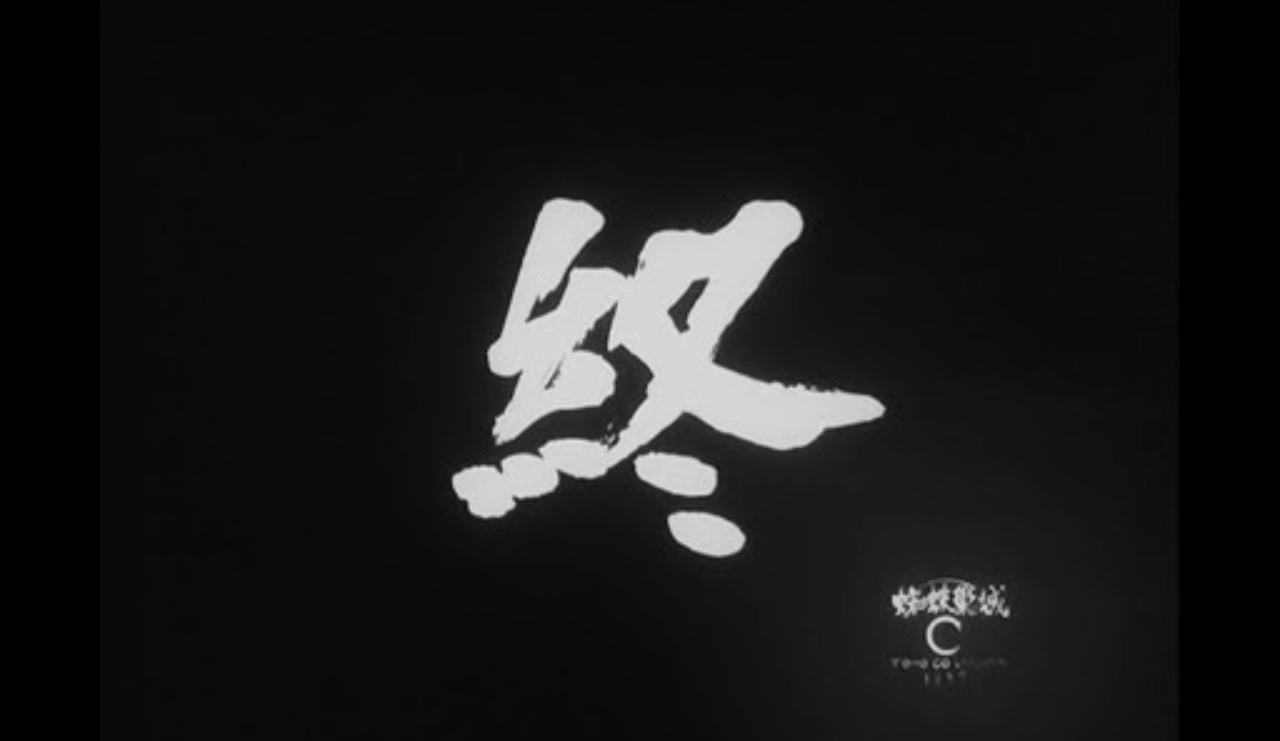Not necessarily an acronym, but here’s a fun one for Japanese: Laughing in Japanese is warau, which gets shortened when typing to just w. If you want to laugh a lot, you would type wwww. That ends up looking like a field of grass, so that in turn gets shortened into 草 (kusa, or grass). Basically, 草 is the Japanese equivalent of lol
Also, in Chinese, thank you is often abbreviated as 3q, because when you say it out loud, it sounds like “thank you” (san kyu)
I learned pretty quickly to avoid Mario Maker levels with “wwww” in the title.
Also, in Chinese, thank you is often abbreviated as 3q, because when you say it out loud, it sounds like “thank you” (san kyu)
This is in Japanese too.
In Korean, “Hahaha” sounds more like “kh- kh- kh-”, represented by, “ㅋㅋㅋ”
Yes. Here are some common ones in my native language, danish:
- pga: på grund af (because of)
- dvs: det vil sige (used for adding additional explaination)
- ift: i forhold til (in relation to)
I’m certain there are also some more modern slang abbreviations in use, but these change relatively frequently, like they do in English.
Those are official abbreviations that can be found in a dictionary.
The ones OP posted aren’t all official. TBH and SMH are official. IMO is internet slang.
There’s not a lot of consensus on internet slang abbreviations in Danish. It was more common back in the texting days, when all girls would end their messages with an S for “smiling”, SS for “smiling sweetly”, or KKK for “hugs hugs and kisses”.
Someone once made an index: https://www.telemarkedet.dk/sms-ordbog-sms-sprogets-forkortelser
I remember this GG ^^
And then you gotta type your smiley faces with a nose :-D
Good game or grin grin.
I always read it as *griner griner*, even though i know it was supposed to be griner godt lol.
I feel like the difference between good game and laughing would be the asterixes.
I speak Dutch, reading Danish is a trip. Dat wil zeggen -> det vil sige. And yes we use dwz.
We use plenty of abbreviations like that too. Like aub for alstublieft. Meaning please, or more literally if you would be so inclined.
Back in the 90s when I lived in Amsterdam, I also saw svp (which is actually French) used often instead of aub. I never understood why though.
Also, ff wachten for example. ff is short for effe, or rather “even”. Just wanted to throw that one into the mix.
Edit: alstublieft is also a short version of “als het uw blieft”
Yeah it’s odd. Nobody says S’il vous plaît but we do say svp out loud.
Question from a curious mountainmonkey: We have the same phrases and abbreviations up here, and is Danish equally as subject to people abusing “I forhold til” when they actually mean “I forbindelse med” or “med tanke på” ?
Yes, they’re abused and mixed up. Best writing practice is to avoid them, because these phrases can often be left out in the first place or at least written more clearly.
One of my favorites is in Japanese. Laughing is “w” or “www” or something. The word is “warau”. So then the ws, they look like grass, so people use the grass emoji, so then people write “kusa”.
The number 5 is pronounced “ha” in Thai. So Thai people laugh 555 or 55555 if it was very funny.
French :
ftg : ferme ta gueule (shut it) ntm : nique ta mere (fuck your mom) slt : Salut (hello) cv : ça va ? (How are you?) ptn : putain (fuck) srx : sérieux (really?) jpp : j’en peux plus (I’m fed up)
Don’t forget rsvp!
RSVP is more prevalent in the US (and the english speaking countries) than in France ;)
Well TIL. Thanks!
There’s also Cc (pronounced “cou cou”) used for greeting.
In Portuguese we don’t use many acronyms, but we have shorter versions of words with the vowels removed or things like that. When people tried to use acronyms we ended up with “fds” which some people read as weekend, others read as “fuck it”. The only other acronyms I can think of right now are all for offenses such as fdp (son of a bitch) and cdf (“ass of iron”, very old term for calling someone a nerd).
IMO in German = mMn (meiner Meinung nach)
But for the most part we use the English ones
zB = zum Beispiel = for example
usw = und so weiter = and so forth
etc = etcetera = and so forth
we love shortings too
of course; all of these are very much pre-Internet ones and don’t correspond to any Internet slang in English
Et cetera is latin and “etc” is commonly used in English and quite a few other languages as well.
hdgdl
Isn’t that what you do with Bitcoin?
smh = iwie (irgendwie)
How r u = wg (wie geht’s)
somebody = jmd (jemand)
Shut up = hdf (Halt die Fresse)
probs = wsl (wahrscheinlich)
idk = kp (kein Plan)
kp could also be “kein Problem” (no problem) which is why I personally prefer idk / np over kp / kp
I’m using none of these. But what i use almost all the time : possibly = evtl (eventuell) maybe = vllt (vielleicht) kindest regards = LG (Liebe Grüße) e.g. /for example = zB (z.B.: / zum Beispiel) (i omit the dots and colons)
True, I use those too ^^
smh means shaking my head though
Lol, I always used it for “somehow” :')
In Sesotho, “how are you?” is “ho joang?” which gets shortened to “hj”
Nepali has quite a few.
का. म. पा. (Ka ma pa) - Kathmandu Mahanagar Palika - Greater Kathmandu Metro.
मा. प. से. (Ma Pa Se) - Madak Padartha Sewan - directly translates to taking of illicit substance but is used to describe DUI
ने. बि. (Ne Bi) - Nepal Bidhyarthi - Nepal student (Association)
भु. पु. (Bhu Pu) - Bhoot Purva - Past/previous.
There are more that I’m blanking out on right now.
Updoot for nepali
One that I’m aware of is “tskr” in Japanese. It’s a slang term that derives from たすかる (tasukaru). The meaning depends on the context and it can mean something like either “you saved me” or “thanks for helping me”.
In Thai they’ll text 555 for hahaha as 5 sounds like ha in Thai
Absolutely. The German term equivalent to writing “Sincerely,” at the end of letters is “Mitt freundlichen grußen,” and it was (is?) often written as “M.f.G.” There’s even a song by the German pop/rock band Die Fantastischen Vier titled “M.f.G.” The lyrics are almost entirely various abbreviations (here’s a version of the song with the lyrics, but not the video).
Also usw for “und so weiter” - etcetera.
The only Hindi acronyms that I know of are offensive. There’s mc, which stands for madarchod (motherfucker), and bc, which stands for behenchod (sister fucker).
There’s also the rarely used AMJ, Hindi equivalent of TIL, used on the Hindi version of r/todayilearnt (r/aajmainejana).
Yes, they do.
YTD.
In Spanish there’s some things like “xq” instead of “por qué/porque” but it was only used in SMS messaging to use less characters. If someone talks to me like that I won’t reply, it just doesn’t have the same vibes as in English.
…which makes me kind of a hypocrite for using “obv” for obviously (obviamente).
For anyone else who is curious but doesn’t already know “por qué” = “because”.
Por qué means why. Porque means because ;)
Thats what i get for using google translate.
Thanks for correcting!
Por que?
Porque.
Por que?!
Porque.
¡Te pregunto quién sale primero!
(I don’t know spanish)
And that’s why we say “porque sí” and not just “porque”. It’d be so confusing! :P
It’s confusing enough, we actually have 4 different forms:
-
Porque (because)
-
Por qué? (why?)
-
(el) porqué: the reason why
-
Por (el/la/lo) que: I don’t think this is used anymore without the article, but some linguist correct me please.
Most people don’t know how to use the latter two, even I am still confused about the last one.
-
Dutch has aub meaning alstublieft meaning please, and they use it in all kinds of official places.













